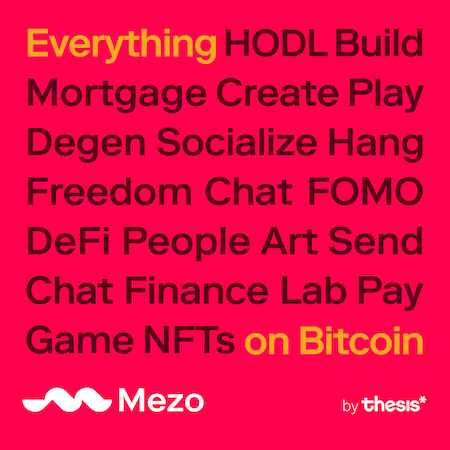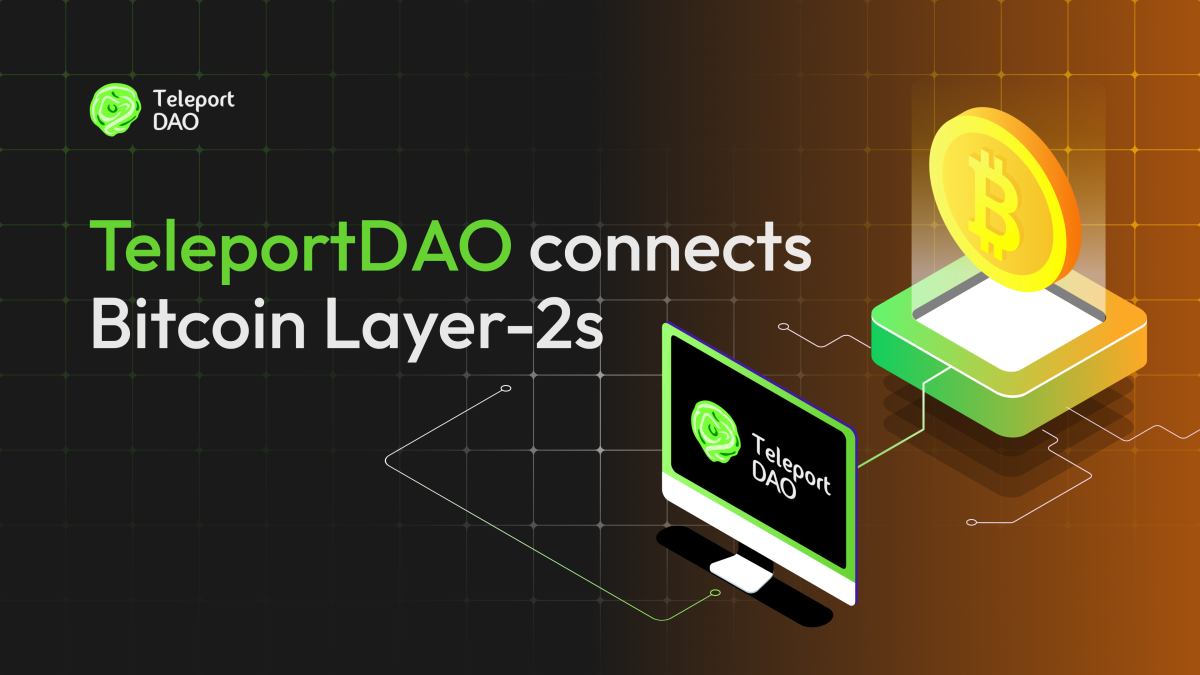A trading bot is making sandwiches amid memecoin craze, spending millions on gas

Quick Take
- A MEV trading bot operator who goes by “jaredfromsubway” spent over $1.1 million on Ethereum network fees over the past 24 hours.
- The bot contract has earned about $700,000 in profits front-running tokens and memecoins.

A blockchain-based high frequency trading bot (or an MEV bot) whose alias references a disgraced former spokesperson for sandwich-maker Subway is profiting from the rising speculation involving high-demand, low-liquidity meme tokens such as the new one with “Pepe the Frog” branding.
In the last 24 hours, a MEV bot operator identified by the ENS name "jaredfromsubway" has spent over $1.1 million on Ethereum network fees in an attempt to front-run transactions involving the tokens. That's nearly 1.7% of all gas fees on the network, according to data from Etherscan, making the bot the second-largest spender in terms of gas fees.
The bot contract has amassed around $700,000 in profits over the past day by employing a "sandwiching" technique on decentralized exchanges, amounting to a gross sum of $1.8 million, including the gas fees. The detail was first observed by Bobie, a pseudonymous researcher at the on-chain analytics project 0xScope, and shared with The Block.
Targeting memecoin traders
The MEV bot has primarily focused on profiting from front-running memecoins, especially with tokens such as Pepe, Wojak, and Chad attracting fresh attention from traders. MEV, which refers to "maximal extractable value," is a strategy that involves manipulating transaction sequencing to exploit profitable on-chain trades.
Memecoins have seen a remarkable surge in recent days. The value of the Pepe token, for example, skyrocketed nearly 100-fold since April 14, reaching a market capitalization of $100 million just one week after its launch.
Others meme tokens including Wojak, Chad, and Arbi Pepe have also seen considerable upswings, driven by the excitement of numerous retail traders and the minimal effort required for their creation, as pre-existing smart contract templates are readily accessible on open-source software forums.
Hype slippage
Memecoins typically rely on hype and, although they sometimes trade at high volumes, usually lack sufficient liquidity since they are primarily traded on decentralized exchanges. As a result, they may be subject to slippage costs, making them ideal targets for MEV bots to exploit through sandwich attacks.
During a sandwich event, a bot identifies a pending user transaction and submits a transaction with a higher gas price to buy or sell the same cryptocurrency just before the user's transaction, thereby causing a price change. Afterward, the bot quickly executes another transaction to buy or sell the cryptocurrency, taking advantage of the change.
While this form of front-running can yield substantial profits for malicious actors, it adversely affects the trading experience for regular investors who are often urged to use tools that can provide protection from the threat. The adoption of these resources, however, remains limited within the crypto community.
The growing interest in memecoins, combined with an increase in MEV activities, has been cited as a contributing factor to the recent spike in Ethereum gas fees, which are currently hovering around 70 gwei. That's about $20 for an on-chain swap, although it briefly peaked at over 200 gwei ($50) earlier today.
© 2023 The Block. All Rights Reserved. This article is provided for informational purposes only. It is not offered or intended to be used as legal, tax, investment, financial, or other advice.

